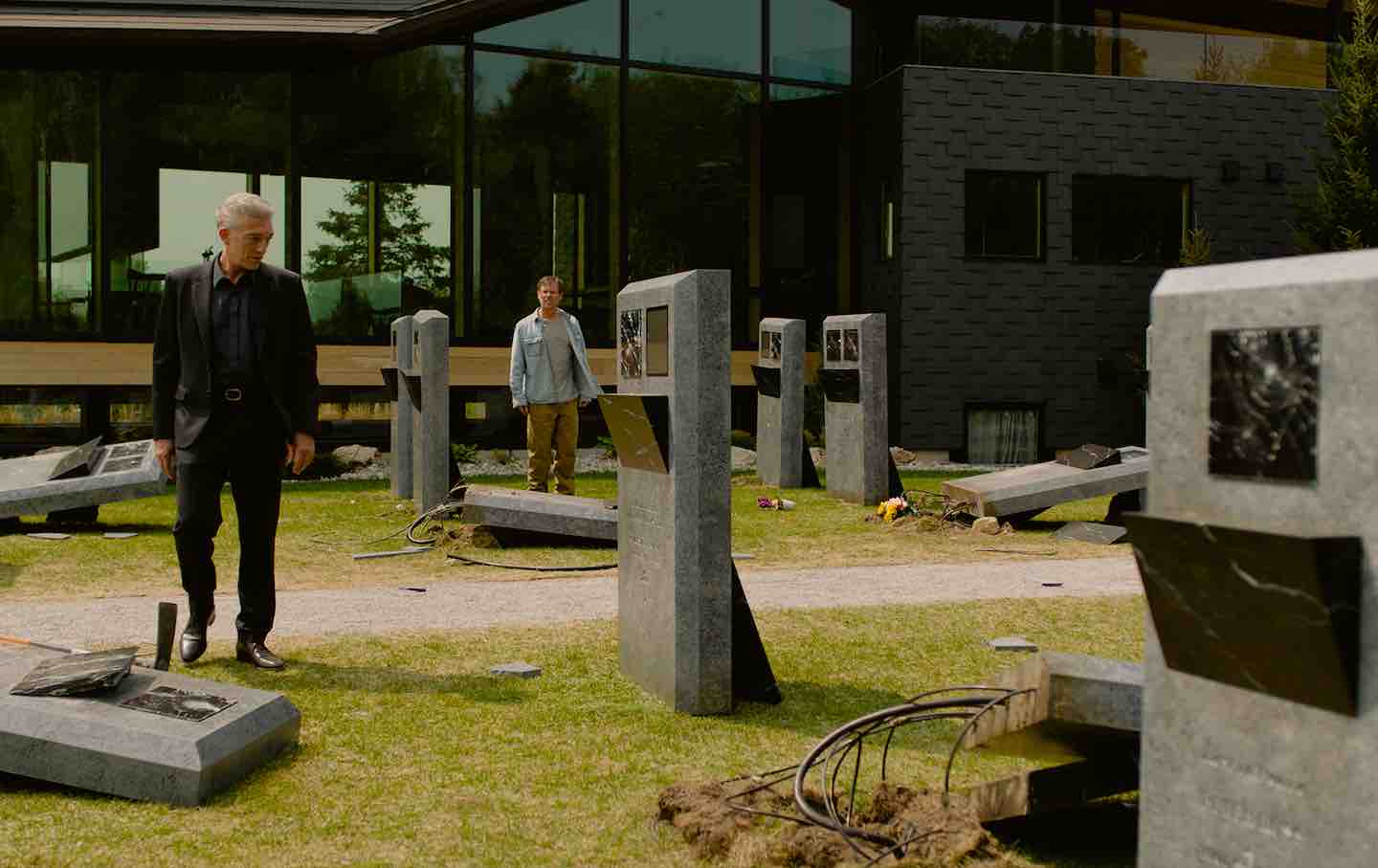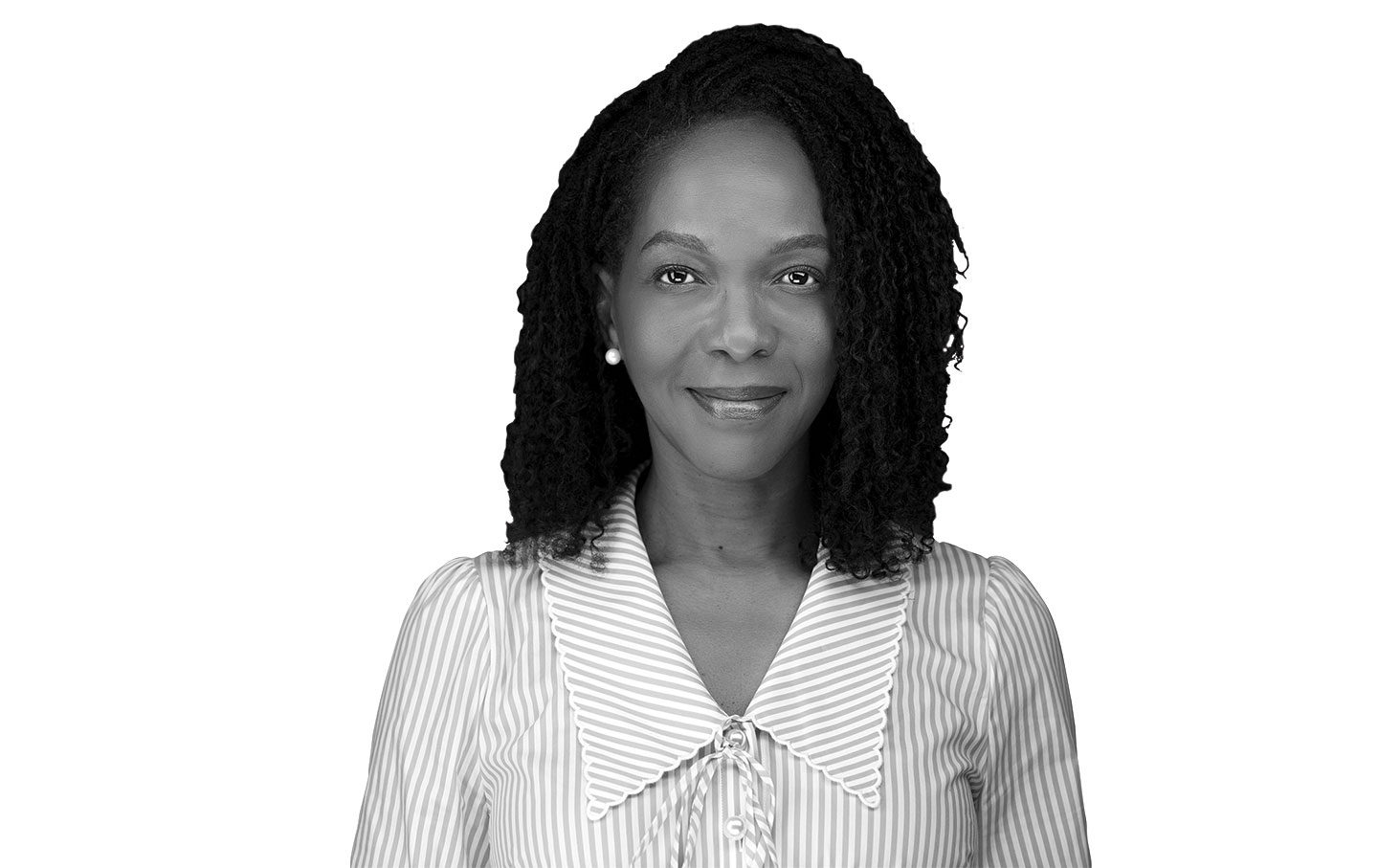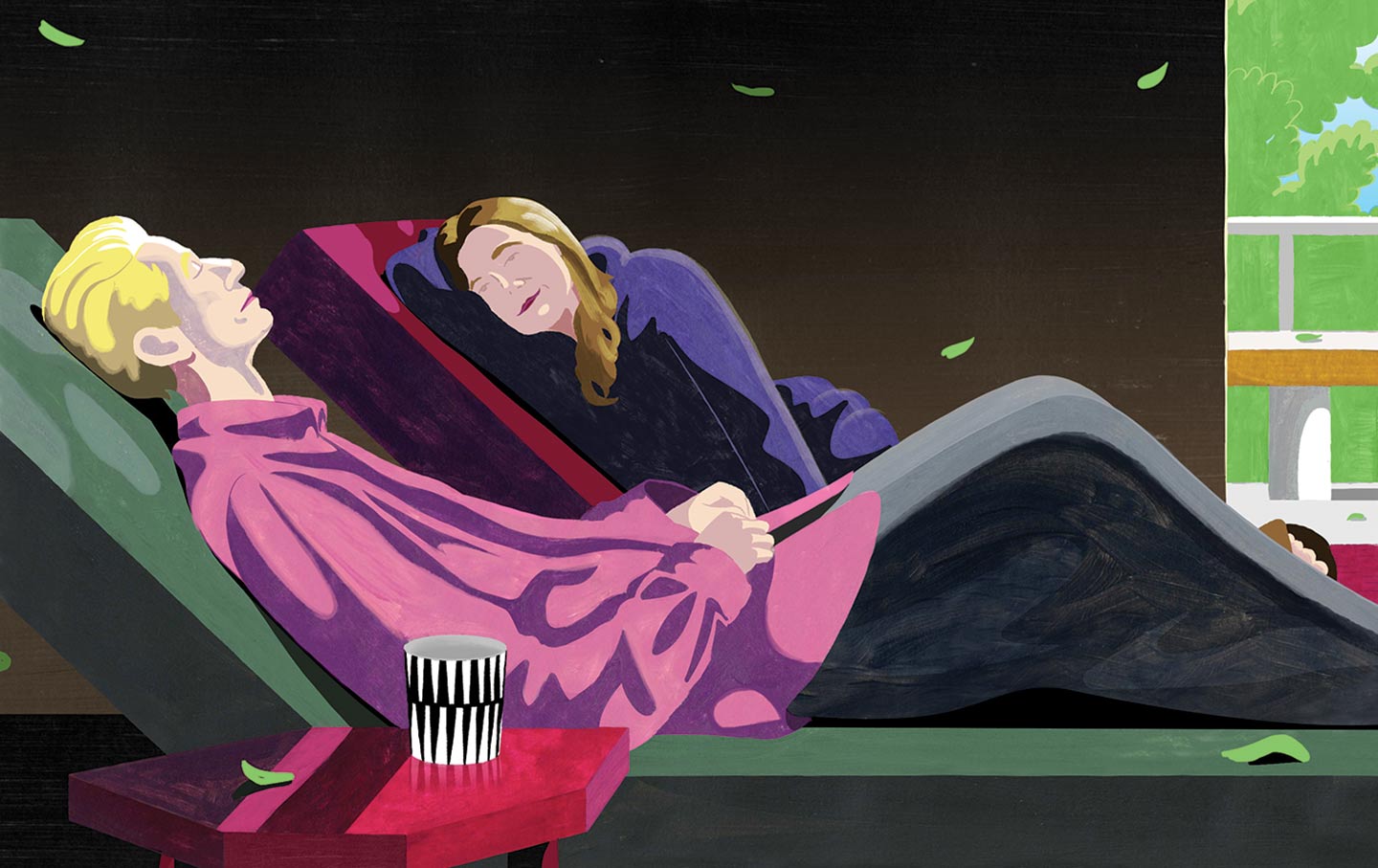Lavender
I won’t tell you what literary pilgrimages I’ve tried
to take, which writer’s creaky New England floorboards
I’ve stood on, trying to conjure something, which
stone houses with informational plaques I’ve loitered near
before I gave up trying: What I will tell you
is how disappointing they were, despite
how hard I pretended to be moved, how
not up to the task I was,
or am. I’m aware this is not
a popular view. It’s not like I can see
the poems in the room. A writer’s room
is a room is a cold or dusty room, not like
when I went with my sister, a painter,
to Cezanne’s studio in Aix: Well,
you can see it, can’t you, that view
he set down forever, everywhere:
out the window, in the garden, on the road,
Bam! Mount Sainte-Victoire everywhere you look,
here in the present tense. Cicadas buzzing. Nearby,
there were some fields so thick with lavender
we could smell them on the breeze
five miles away. Do I want ghosts
like smells, so I can’t miss them?
Yes, smack me in the face, I want
to be more haunted, I want to walk around knowing
precisely what I owe my fellow living
and the dead, I want no clumsy excuses–
Most days everything escapes me and I aim
my anger at how little of ourselves we leave
in our rooms when we go. I keep
to myself too much and still can’t give up
plastic food storage, my imagination runs thin,
some days I walk in the woods with my dog
and it’s just silence, punctuated by wingbeats,
in the dark-green gloom, just out of sight.
The creek smells like wet, dead leaves.
Hold the powerful to account by supporting The Nation
The chaos and cruelty of the Trump administration reaches new lows each week.
Trump’s catastrophic “Liberation Day” has wreaked havoc on the world economy and set up yet another constitutional crisis at home. Plainclothes officers continue to abduct university students off the streets. So-called “enemy aliens” are flown abroad to a mega prison against the orders of the courts. And Signalgate promises to be the first of many incompetence scandals that expose the brutal violence at the core of the American empire.
At a time when elite universities, powerful law firms, and influential media outlets are capitulating to Trump’s intimidation, The Nation is more determined than ever before to hold the powerful to account.
In just the last month, we’ve published reporting on how Trump outsources his mass deportation agenda to other countries, exposed the administration’s appeal to obscure laws to carry out its repressive agenda, and amplified the voices of brave student activists targeted by universities.
We also continue to tell the stories of those who fight back against Trump and Musk, whether on the streets in growing protest movements, in town halls across the country, or in critical state elections—like Wisconsin’s recent state Supreme Court race—that provide a model for resisting Trumpism and prove that Musk can’t buy our democracy.
This is the journalism that matters in 2025. But we can’t do this without you. As a reader-supported publication, we rely on the support of generous donors. Please, help make our essential independent journalism possible with a donation today.
In solidarity,
The Editors
The Nation
Margaret Ray grew up in Gainesville, Florida. She is the author of GOOD GRIEF, THE GROUND (BOA Editions, Spring 2023, winner of the A. Poulin Jr. Poetry Prize selected by Stephanie Burt) and the chapbook SUPERSTITIONS OF THE MID-ATLANTIC (2022, selected by Jericho Brown for the 2020 Poetry Society of America Chapbook Fellowship Prize). Her poems have appeared in Best New Poets 2021, Threepenny Review, Narrative, and elsewhere. A winner of the Third Coast Poetry Prize and a longlister for the Montreal International Poetry Prize, she holds an MFA from Warren Wilson College and teaches in New Jersey. She’s on Twitter (for now) @mbrrray, and you can find more of her work at www.margaretbray.com.








